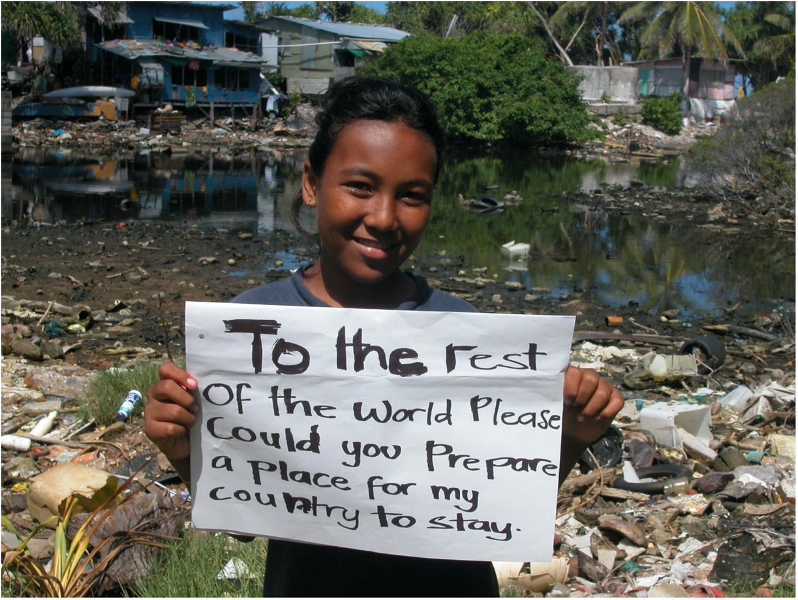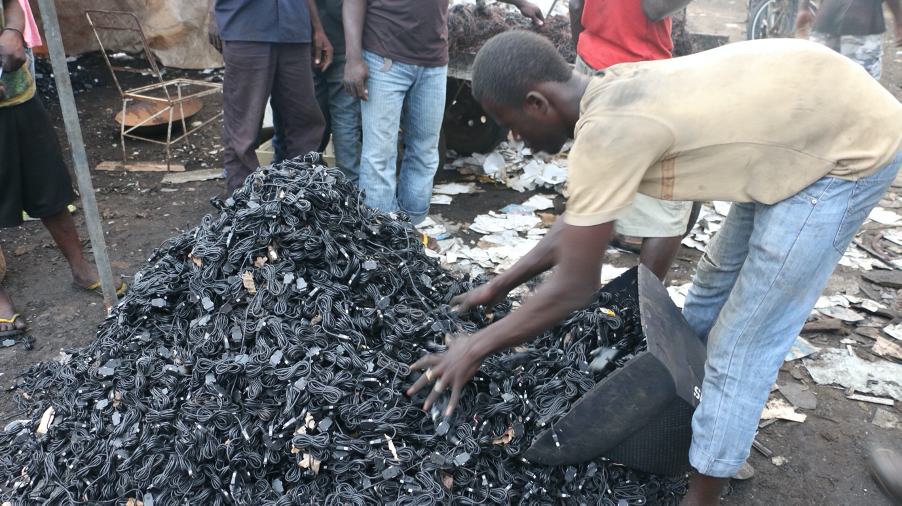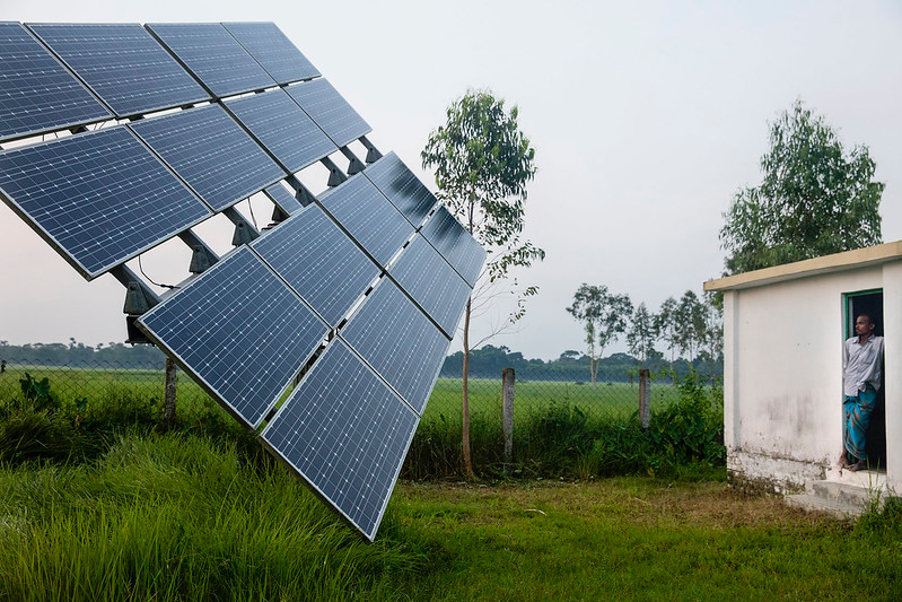 This post is by Shilpita Mathews, a Research Assistant at the Grantham Research Institute on Climate Change and the Environment who frequently writes about climate justice on her personal blog. Having witnessed the aftermath of the Asian tsunami in 2004, I’ve been struck from a young age by how devastating natural disasters can be. Unfortunately, such natural disasters are becoming far too common an experience for today’s youth as a result of climate change. Growing up in India, Sri Lanka, Thailand and Jordan, I was always aware that climate justice is intrinsically linked to social justice. Whether it be extreme weather events or water and food shortages, climate impacts are disproportionately borne by the most marginalised in society. The role of climate change in exacerbating inequalities beckoned me to respond. I've been trying to grapple with these challenges as a Research Assistant at a climate change institute whilst completing a postgraduate degree in environmental economics and climate change. Moreover, I shed light on the social repercussions of climate change as a Climate Correspondent for an Indian youth news network. Most recently, having been part of a group launching a climate network for young Christians, I am encouraging faith communities to act as catalysts for change. Nonetheless, amidst the intellectual rigour, the journalist endeavours and social activism, it is easy to forget the reason behind it all – a personal climate story. A story of a life journeying alongside climate change. I have been drawn back to not just my story, but the story of every single person on this planet. Connecting with people behind these stories has the power to evoke a response, much stronger than any research, news or campaign can elicit. As a young professional, currently emerging from lockdown in London, I often feel distant from the vivid realities that I grew up with. Despite the tremendous challenges that climate change poses for the UK, which is the topic of my current work, I keep going back to the stories in countries I call home. To this end, I have been using my creativity, to fill the void between myself and those adapting to climate change around the world. Connecting with people who I may have never met, but whose visual narratives I have taken the liberty to give a voice to, in less than 100 words. I call these stories Climactic Tales, which you can find on my blog. Using Creative Commons photos, I present four short narratives here, piecing together stories of hope and despair that define the global climate emergency. Perhaps they remind you of someone, or of a reality that you too, find easy to forget. A reality that is so distant yet so present, a story that is within us all. Perhaps they remind you of home, a common home that is under threat. I hope these stories invite you to engage with climate personally and present a chance to reflect on your own climate journeys. New Normal In the midst of the storm, the food hawkers gawked, as their drenched customers for the day whizzed past their sight. From behind the pharmacy counter, a man sneered at the filthy flooded road, gazing at the breeding disease. Caught up in the hammering rain, their old motorbike and soaked face masks were inadequate for the torrential journey back home. Flood. Food. Disease. One less meal, one new illness, one more day in this new normal. Boat of redemption A rotten garland, a dead fish, a plastic bag, in the middle of a Holy river he stayed afloat; drifting on top of the sins of the world. A stinking carton, a torn rag, some styrofoam. With the waste that built the lives of the rich, had he built his new sanctuary. Could this waste lead to the path of redemption? Could his recycling, his karma today, be reaped by the generation to come? He paddled with his makeshift oar – it was time to change To the rest of the world To the rest of the world, please could you prepare a place for my country to stay. Could you find a home where my future is safe? Could you rejuvenate the planet, not for me, but for us. Could you bring back the nature you have turned to dust. Could you bring back the birds that used to sing? Could you restore fresh water to drink? To the rest of the world, could you finally wake up. Could you realize, alas, our time is up. The disentanglement One by one I disentangled them. The wires of waste, the want for more. Minute but minute, hour by hour, piling up that which belongs to a degrading planet. Scraps of another existence, a world living beyond its means. Yet the chiming dime in my pocket makes me think, perhaps we will return from this brink. Perhaps these are chords of new beginnings. Perhaps recycling will help disentangle some of the chaos we have created. Source of life The solar pump operator finished his work. The energy that flowed through farmers’ irrigated fields at day, radiated in homes, where children completed their homework at night. He gazed in the distance, wondering whether the light that filled his village would ever illuminate dark, polluted human hearts. In finding ways to save ourselves, would we turn to the source of life?
1 Comment
|





 RSS Feed
RSS Feed